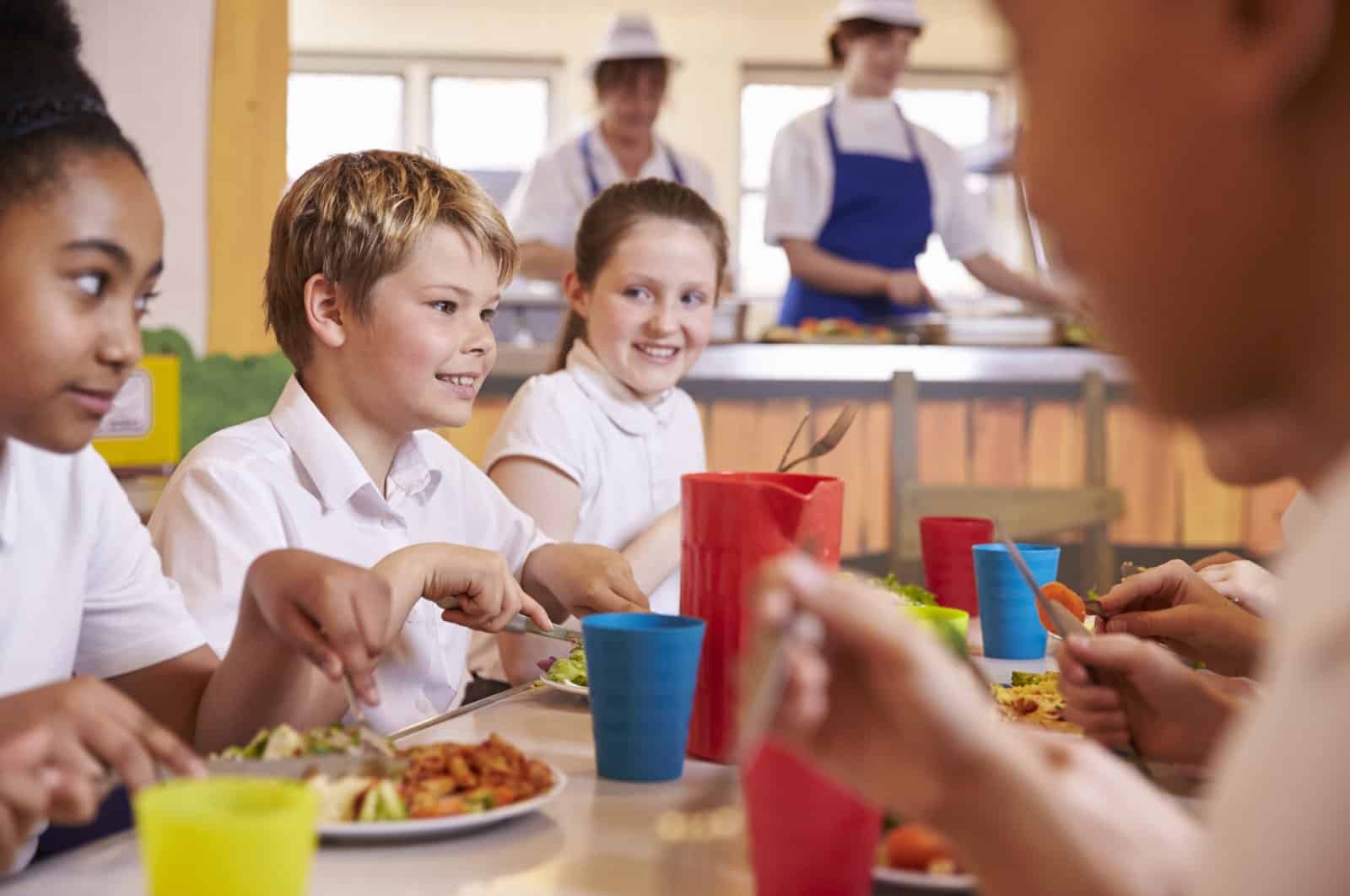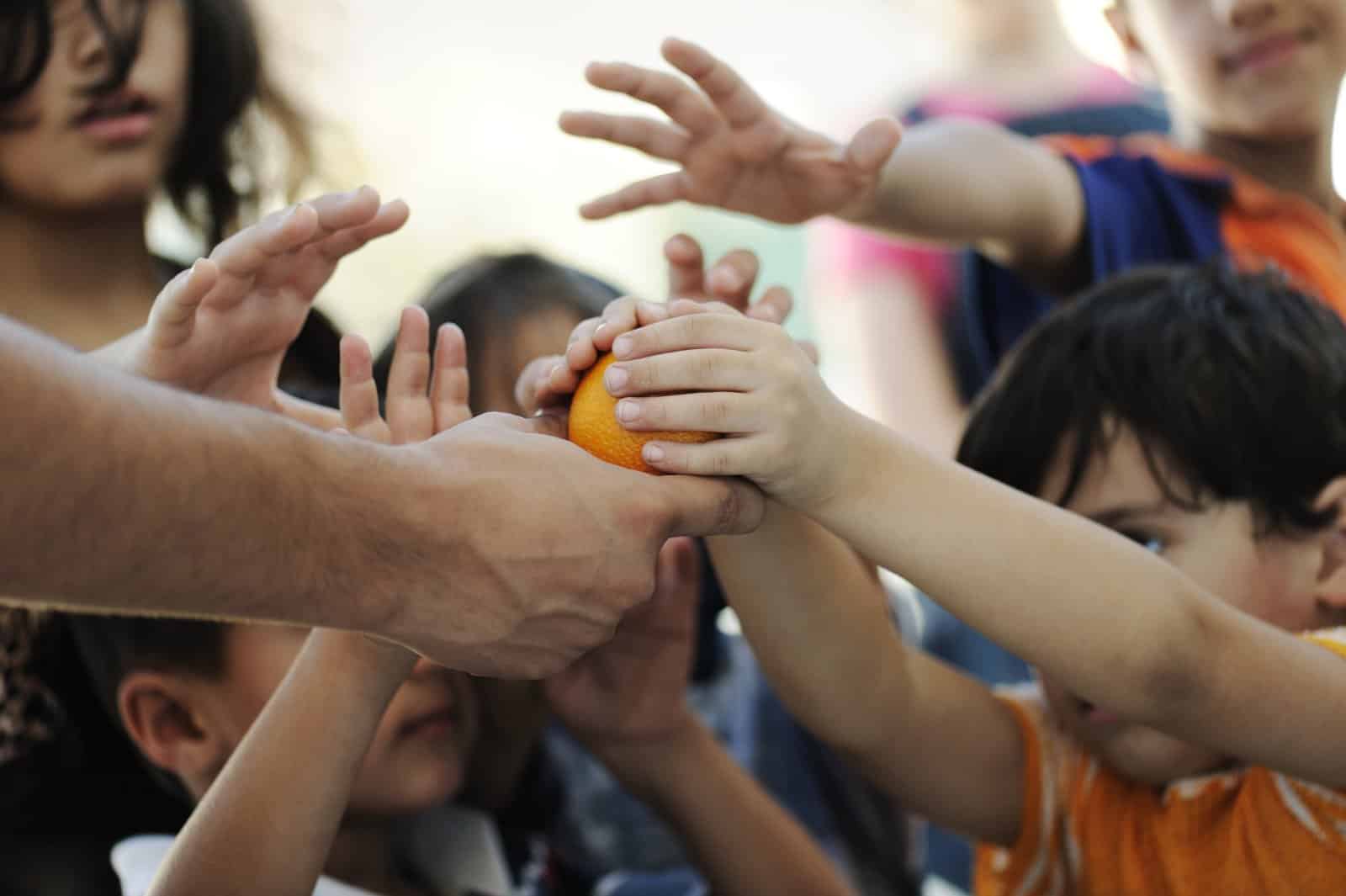A Texan nonprofit has issued a warning over a recent government decision that could leave kids across The Lone Star State with empty bellies.
Hunger Looms for Texas Kids

Summer is just around the corner, and for many kids in Texas that means facing an all-too-familiar struggle: hunger. When schools close, the free and reduced-price meals that millions of children rely on disappear, leaving parents struggling to fill the gap.
Vanishing Vital Meals

2.6 million Texas kids eat free or low-cost lunch, and 1.6 million get school breakfast every day. But when school’s out these essential meals disappear, and families are left to fend for themselves.
The Summer Meal Shortage

Every Texan, a nonprofit organization that investigates food inequality and healthcare access across the state, has issued a warning about the government’s recent decision to opt out of the Summer Electronic Benefit Transfer (EBT).
School’s Out, Hunger’s In

According to Every Texan, for every 100 kids who get lunch during the school year, only 4.6 manage to get a meal in the summer.
Rural Strain

It’s a crisis that hits rural and suburban areas the hardest, where there’s often no access to summer meal sites and no school buses to help get them there.
The Summer Meal Shortage

Texas does have a law requiring high-poverty school districts to offer summer meals for at least 30 days, but many smaller districts simply can’t afford to run these programs, leaving kids without food for the rest of the summer.
Summer EBT Opt-Out

The EBT program is a federal initiative designed to help low-income families feed their kids when school is out. This program offers families EBT cards loaded with funds to buy healthy food.
Texas Turns Down $450 Million in Food Aid

But Texas has chosen not to participate this year, turning down a huge $450 million in federal food aid. Every Texan worked out that this decision affects up to 3.7 million children who could have benefited from this support.
The Economic Impact

Turning down the Summer EBT program doesn’t just mean more hungry kids – it also means missing out on a statewide economic boost.
A Costly Decision

The USDA estimates that every dollar spent on SNAP generates $1.50 to $1.80 in local economic activity. By opting out, Texas is losing out on an economic impact estimated between $675 million and $810 million.
What’s Going On?

So, why did Texas opt out? According to the Texas Health and Human Services Commission (HHSC), it was because the USDA only gave Texas six months to get the program operational – which wasn’t anywhere near enough time, according to a spokesperson for the HHSC.
Summer EBT Success

The USDA has been piloting Summer EBT programs since 2011 and has found that they decrease the number of kids experiencing very low food security (kids missing meals because their families couldn’t afford food) by one-third.
Ignored Benefits

They’ve also seen that families using Summer EBT can afford better quality food, and children end up eating more fruits, vegetables, whole grains, and dairy while consumption of sugary drinks drops.
Strain on Community Resources

Without Summer EBT, community resources like food banks and social services are left to fill the void, stretching their already limited resources to breaking point.
Impact on Children of Color

Every Texan has pointed out that the situation is even more critical for children of color, who often face higher rates of food insecurity and poverty due to widespread racial inequalities.
The Ripple Effect:

Every Texan has warned that children of color are hit hardest by the state opting out of EBT. They already face higher rates of food insecurity and poverty due to systemic racism, and without Summer EBT, these issues only get worse.
A Barrier to Health and Education

Food insecurity can affect everything from health to education, making it even harder for these kids to catch up.
Looking for Solutions

Other states that have opted out of the Summer EBT program, like Louisiana and Iowa, are already looking for alternatives to support their kids.
Feeding the Future

They’re funneling more funds to food banks to increase feeding sites throughout their cities, trying to make sure their kids don’t go hungry.
Remote No More: 19 Companies Returning to the Office

As the pandemic wanes, companies are recalling remote workers back to the office, sparking debates on fairness, costs, and convenience. However, there are also notable productivity, coworking, and mental health benefits to consider. Feeling the effects of these changes? Remote No More: 19 Companies Returning to the Office
8 Costco Must Buys and 8 to Leave Behind

Ever wandered Costco’s aisles, questioning if that giant jar of pickles is a real bargain? Or debated buying tires where you get your rotisserie chicken? Welcome to the definitive guide to Costco shopping—a journey to save money, prevent regrets, and offer quirky insights into bulk buying. 8 Costco Must Buys and 8 to Leave Behind
23 Reasons Texas Is the Next Big Thing

Texas is becoming a beacon of opportunity, blending cultural heritage with economic growth. From its landscapes to its industries, the Lone Star State offers a dynamic lifestyle. Here are 23 reasons why Texas stands out, attracting entrepreneurs, artists, tech professionals, and families seeking new beginnings. 23 Reasons Texas Is the Next Big Thing
Featured Image Credit: Shutterstock / Yakov Oskanov.
The content of this article is for informational purposes only and does not constitute or replace professional financial advice.

